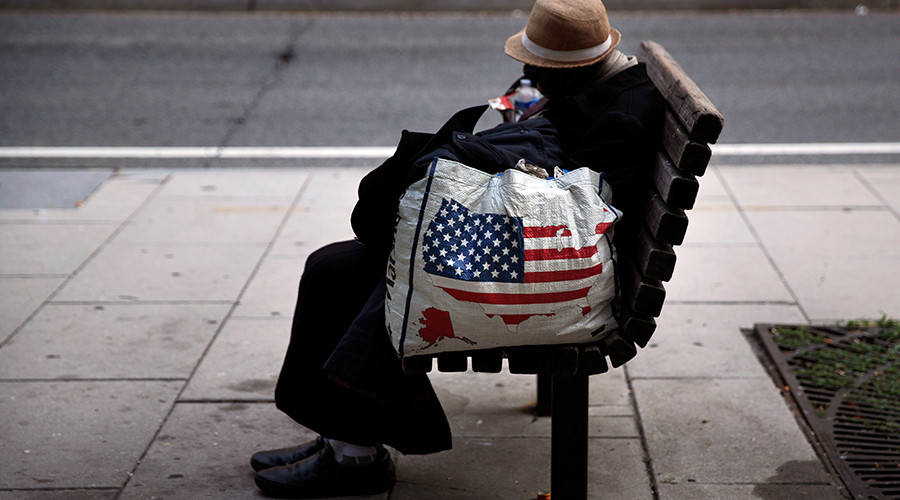Megan McArdle seems like a basically decent person, but she’s spent much time railing against the Affordable Care Act which has helped my family and friends immeasurably. She has the privilege of worrying about “innovation” when others are fixated on that not-dying thing. Must be nice.
The Libertarian columnist recently went looking for the American Dream in Utah, a state that’s done a commendable job in combating homelessness and other social ills, though it must be noted that it’s whiter and more patriarchal than a Freedom Caucus meeting about maternity leave.
The role of the Mormon Church is clearly paramount in enabling a higher-than-usual upward mobility for the impoverished, and that aspect is clearly not replicable in other quarters of the country unless a large number of Midwesterners who’ve taken Broadway vacations to catch The Book of Mormon have had an epiphany.
Worse yet, a scary number of Christians seem to have turned away from their charitable roots, not at all asking, “What would Jesus do?” In the recent Presidential election, Christianity was often a euphemism for white supremacy. Maybe that’s because many who identify with the faith have stopped attending church or perhaps the American strain of the religion is so embedded with prejudice that it’s incompatible with true equality.
Christian politicians are often are even worse when it comes to tending to the poor, pushing punishing policies trained on hurting those who have the least, creating a prison state and denying minorities of voting rights. They simply don’t want poorer citizens, especially non-white ones, to thrive, and there’s no moral equivalency in this regard between conservatives and liberals. For many, power trumps church teachings: Mike Pence was very eager to strike a deal with the devil, while Mike Huckabee has gleefully defended Trump’s incessant outrages.
There’s good stuff from McArdle about Utah’s social services programs, the role of volunteerism and the promotion of self-reliance, but she comes away only moderately hopeful that the Salt Lake miracle can be duplicated elsewhere in the U.S. Of course, if you’re a Libertarian who doesn’t really like government very much, there’s no other conclusion to be drawn. If Obamacare really helped your loved ones, however, you might feel differently.
An excerpt:
“Big government” does not appear to have been key to Utah’s income mobility. From 1977 to 2005, when the kids in Chetty et al’s data were growing up, the Rockefeller Institute ranks it near the bottom in state “fiscal capacity.” The state has not invested a lot in fighting poverty, nor on schools; Utah is dead last in per-pupil education spending. This should at least give pause to those who view educational programs as the natural path to economic mobility.
But “laissez faire” isn’t the answer either. Utah is a deep red state, but its conservatism is notably compassionate, thanks in part to the Mormon Church. Its politicians, like Senator Mike Lee, led the way in rejecting Donald Trump’s bid for the presidency. And the state is currently engaged in a major initiative on intergenerational poverty. The bill that kicked it off passed the state’s Republican legislature unanimously, and the lieutenant governor has been its public face.
This follows what you might call the state’s “war on homelessness” — a war that has been largely victorious, with most of the state’s homeless resettled in permanent housing through a focus on “Housing First.” That means getting people into permanent shelter before trying to diagnose and address the problems that contributed to their homelessness, like mental illness and substance abuse.
This approach can be cheaper than the previous regime, in which too many individuals ended up in emergency rooms or temporary shelter seeking expensive help for urgent crises. But Housing First runs into fierce emotional resistance in many quarters, because it smacks too much of rewarding people for self-destructive behaviors. Utah’s brand of conservatism overcame that, in part because the Mormon Church supported it.
That’s the thing about the government here. It is not big, but it’s also not … bad.•



